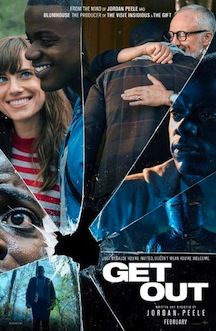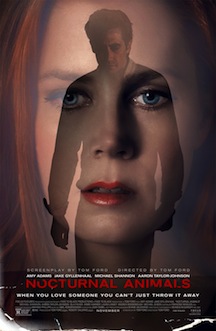Directed by Cristian Mungiu
Country: Romania / France / Belgium
Acclaimed Romanian writer/director/producer Cristian Mungiu called the world’s attention through observant contemporary dramas like “Occident” (2002), “4 Months, 3 Weeks and 2 Days” (2007), and “Beyond the Hills” (2012). He has a background in English literature and his work for the big screen focuses on quality rather than quantity.
His fifth film, “Graduation”, is a pungent drama whose story, set in a small Romanian town, touches themes such as corruption and influence peddling, education, family, and obsession, at the same time that looks at a problematic Romania with mordacious dissatisfaction.
The film has an intriguing start when someone throws a stone at the window of the Aldeas' house, breaking the glass and provoking more curiosity than indignation in Romeo (Adrian Titieni), the head of the family and a respected doctor, his vulnerable wife Magda (Lia Bugnar), and their teenage daughter Eliza (Maria-Victoria Dragus).
The latter admits to her father she’s a bit anxious for a crucial scholarship exam that will permit her to study at the London’s famous Cambridge University. However, her anxiety is nothing compared to her father’s. He lived abroad himself after graduating, but decided to return to Romania for the impossible mission of getting ‘things’ changed. Disappointment and failure are at the base of his overwhelming obsession with Eliza’s future.
The communication between Romeo and his daughter is uncomplicated, but with Magda things are not so smooth since he has been unfaithful to her with Sandra (Malina Manovici), a 35-year-old single mother, former patient, and teacher at Eliza’s school.
Pressure and nervous tension surround him at all times, but Romeo is pretty confident that Eliza, a brilliant student, is going to make it. However, a day before the exam and on her way to school, Eliza was violently attacked by a stranger who attempted to rape her. Emotionally disturbed and with a wounded arm, is Eliza psychologically and physically ready to do the exam?
For the first time in his life, the desperate Romeo has to sacrifice his good reputation and put his honesty behind, using his connections and medical influence to guarantee a decent future for his daughter. Shouldn’t he be worried about her emotional state instead? This dilemma haunts us throughout the film and we can’t help feeling sorry for them.
Climaxing in a spiral of anguish and deception, the well-acted drama culminates its insightful analysis with disconcerting irony.
Mungiu remains faithful to a style that combines realism and emotional depth allied with an impressive cinematic dexterity. Dispensing a musical score, he privileges handheld shots in detriment of a more static approach, yet the camera movements never translate into abrupt or awkward images.
“Graduation” might not be his best work to date, but it’s certainly an urgent, denouncing, and intelligent eye opener that tells much about a ruined country in terms of moral values. Here, besides brandishing a powerful critical voice, the director also reinforces his admirable filmmaking credentials.




























































